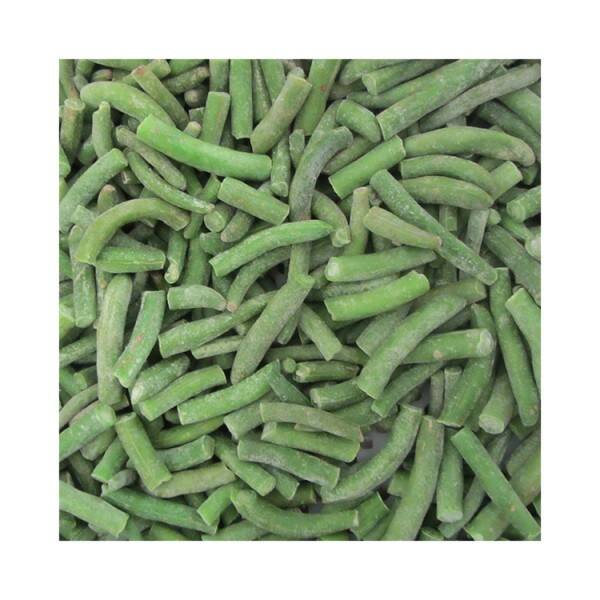Frozen Snap Peas
Steps to Freeze
There are a few steps to follow when freezing sugar snap peas, but it is worth it.
1. Wash the pea pods. Snap off and compost or discard the stem ends of the pods.
2. Get a large bowl of ice water ready.
3. Bring a large pot of water to a boil. Drop the sugar snap peas into the pot of rapidly boiling water. Let them cook for just 1 1/2 minutes. Drain the sugar snap peas quickly in a colander.
4. Immediately transfer the sugar snap peas to the bowl of ice water. This stops the residual heat in the peas from continuing to cook them. Leave the peas in the ice water for 2 minutes. Once again, drain them well in a colander.
5. Spread the blanched sugar snap pea pods in a single layer on a baking sheet. Freeze for 1 to 2 hours (until completely frozen through).
6. Transfer the frozen sugar snap peas to freezer bags or containers and label with the date. Frozen sugar snap peas will keep for 8 months. They are still safe to eat after that, but their quality will decline.
Frozen Snap Peas Specifications :
| Price | Contact us |
| Place of Origin | China |
| Min.Order Quantity | 100 |
| Payment Terms | T/T,L/C,D/P |
| Supply Ability | 10000 |
| Delivery Detail | 3days-7days |
Frozen Snap Peas Detail Introduction :
How do you eat frozen snap peas?
Place the sugar snap peas on a cutting board and use a knife to carefully cut off the tip of the peapod that the stem is attached. Eat the whole pod. Unlike garden peas, the pods on sugar snap peas can be eaten.
Are frozen snap peas good?
Frozen sugar snap peas will keep for 8 months. They are still safe to eat after that, but their quality will decline.
Steps to Freeze
There are a few steps to follow when freezing sugar snap peas, but it is worth it.
1. Wash the pea pods. Snap off and compost or discard the stem ends of the pods.
2. Get a large bowl of ice water ready.
3. Bring a large pot of water to a boil. Drop the sugar snap peas into the pot of rapidly boiling water. Let them cook for just 1 1/2 minutes. Drain the sugar snap peas quickly in a colander.
4. Immediately transfer the sugar snap peas to the bowl of ice water. This stops the residual heat in the peas from continuing to cook them. Leave the peas in the ice water for 2 minutes. Once again, drain them well in a colander.
5. Spread the blanched sugar snap pea pods in a single layer on a baking sheet. Freeze for 1 to 2 hours (until completely frozen through).
6. Transfer the frozen sugar snap peas to freezer bags or containers and label with the date. Frozen sugar snap peas will keep for 8 months. They are still safe to eat after that, but their quality will decline.
 Telephone :+86-15562397099
Telephone :+86-15562397099









